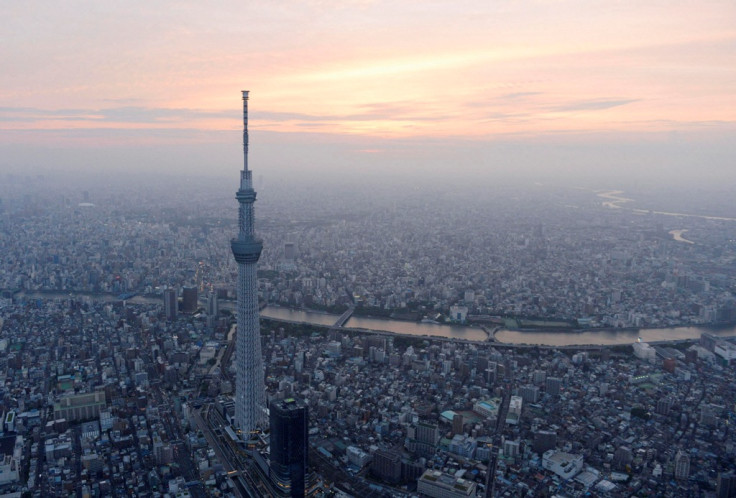Higher Inflation and Lower Wages To Hit Japan's Household Spending Power

Japan's inflation accelerated in November, to its fastest pace since 2008, bringing the rate closer to the central bank's inflation target.
Higher prices could erode household spending power in the world's third largest economy, especially if employers refuse to increase wages in the coming months.
A lower purchasing power would then impact consumer spending, threatening to disrupt Prime Minister Shinzo Abe's efforts to pull the Japanese economy out of weak growth.
Prices excluding that of fresh food rose 1.2% on an annual basis last month, beating expectations, and moving closer to the Bank of Japan's 2% target.
Prices of consumer goods such as refrigerators and televisions rose 0.3% on-year in November, a first since 1992; while food prices rose 1.9%.
Prices To Rise
Higher energy costs and a weaker yen are expected to push up prices in Japan.
All Nippon Airways proposes to raise ticket prices on domestic flights by about 9% in March as the weaker yen has inflated fuel costs.
Kappa Create Holdings has increased the price of sushi plates at its restaurants, to 105 yen ($1) from 92 yen, owing to the higher cost of fish stemming from a weaker yen, according to a Nikkei newspaper report.
"It's hard to say this is good inflation," said Azusa Kato, an economist at BNP Paribas in Tokyo.
"The prices that have risen are related to the weakening yen, and the gains aren't fuelled by wage increases," Kato told Bloomberg.
"The rate of price rises will allow the unions to push for higher wages," said Masamichi Adachi, a senior economist at JPMorgan in Tokyo and a former central bank official.
"They may temper their demands because of concerns about keeping jobs - so it's difficult to see meaningful wage hikes," Adachi said.
Yen Drops
The yen weakened after the release of the inflation data, dropping to 105 against the US dollar for the first time since October 2008.
The currency traded up 0.1% at 104.75 at 15:44 hrs in Tokyo.
Wage Hike
Honda Motor executive vice president Tetsuo Iwamura said on 13 December the automaker would revise wages based on profitability targets, rather than government instructions.
BOJ and Goldman Sachs have asked Japanese business leaders to increase wages, with the investment banking major warning that wages ought to increase for "Abenomics" to succeed.
The fact that BOJ governor Haruhiko Kuroda himself takes home 38% less than his predecessor did 15 years ago accentuates the need for immediate salary increases across the country.
Kuroda has said consumer inflation would surpass 1% in the first six months of 2014.
The Japanese economy is expected to expand at an annualised 3.6% this quarter and 4.1% in the first quarter of 2014. However, the economy is expected to contract in the April-June quarter, following the implementation of a planned sales tax hike.
© Copyright IBTimes 2025. All rights reserved.






















